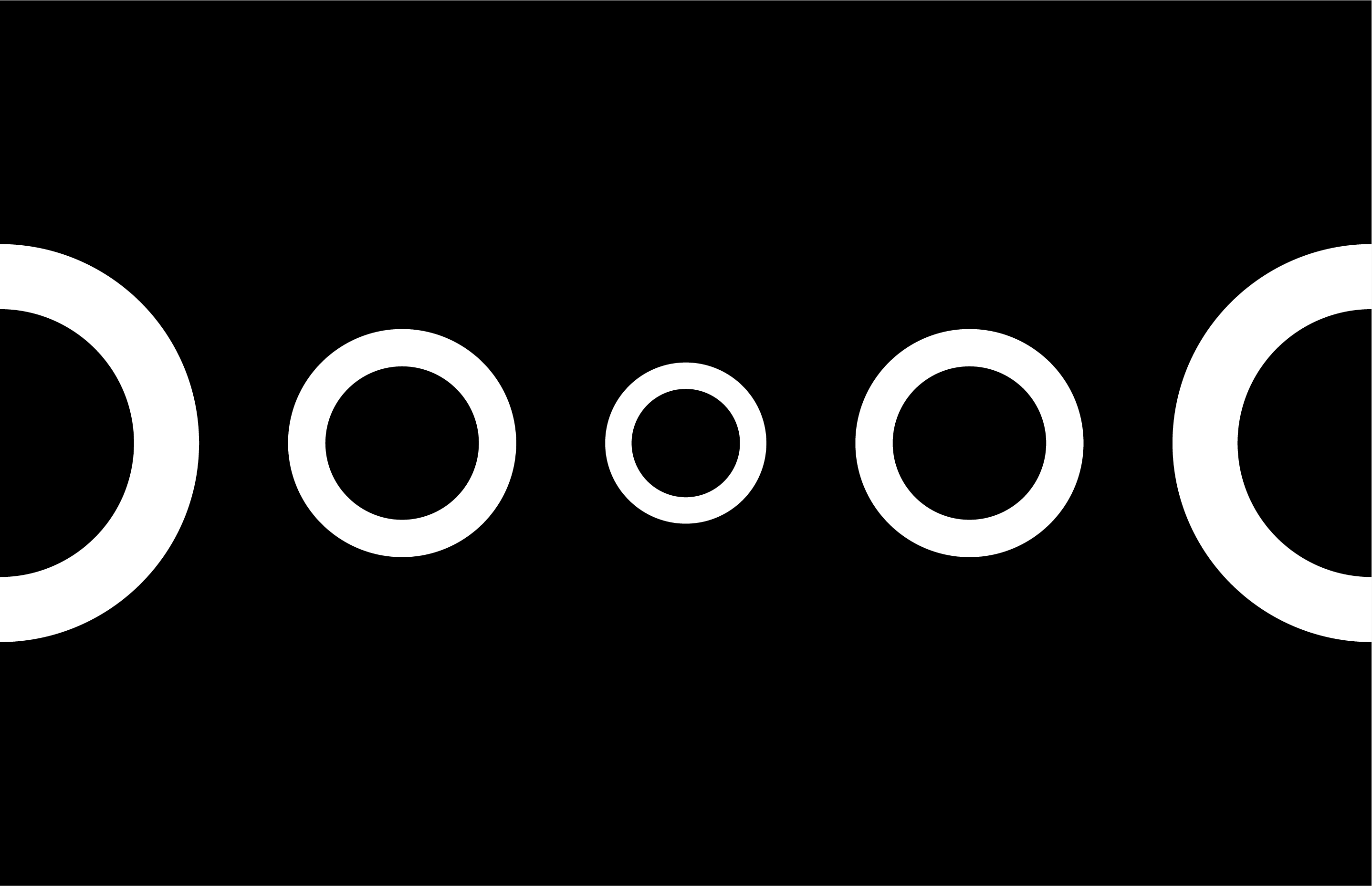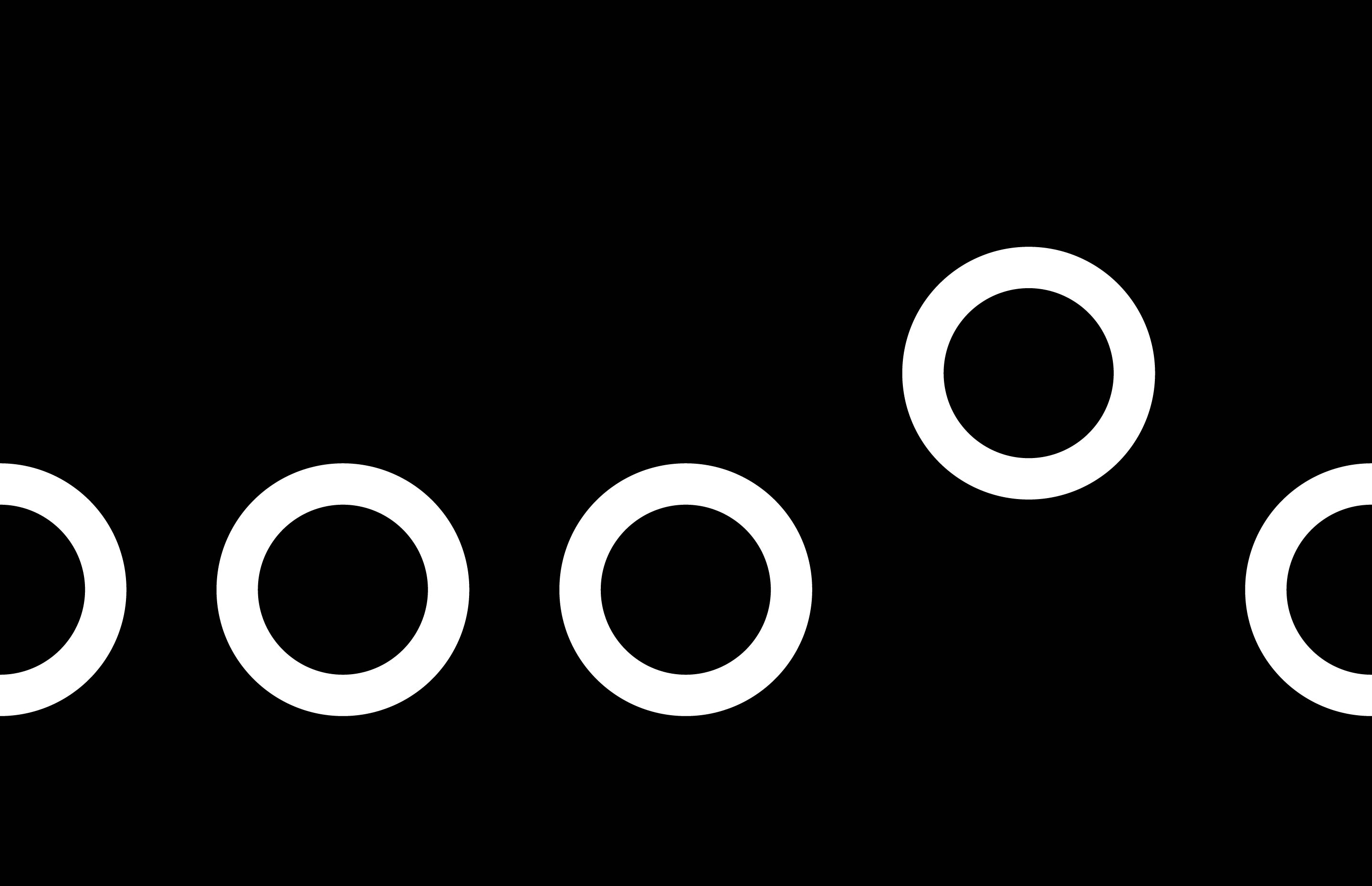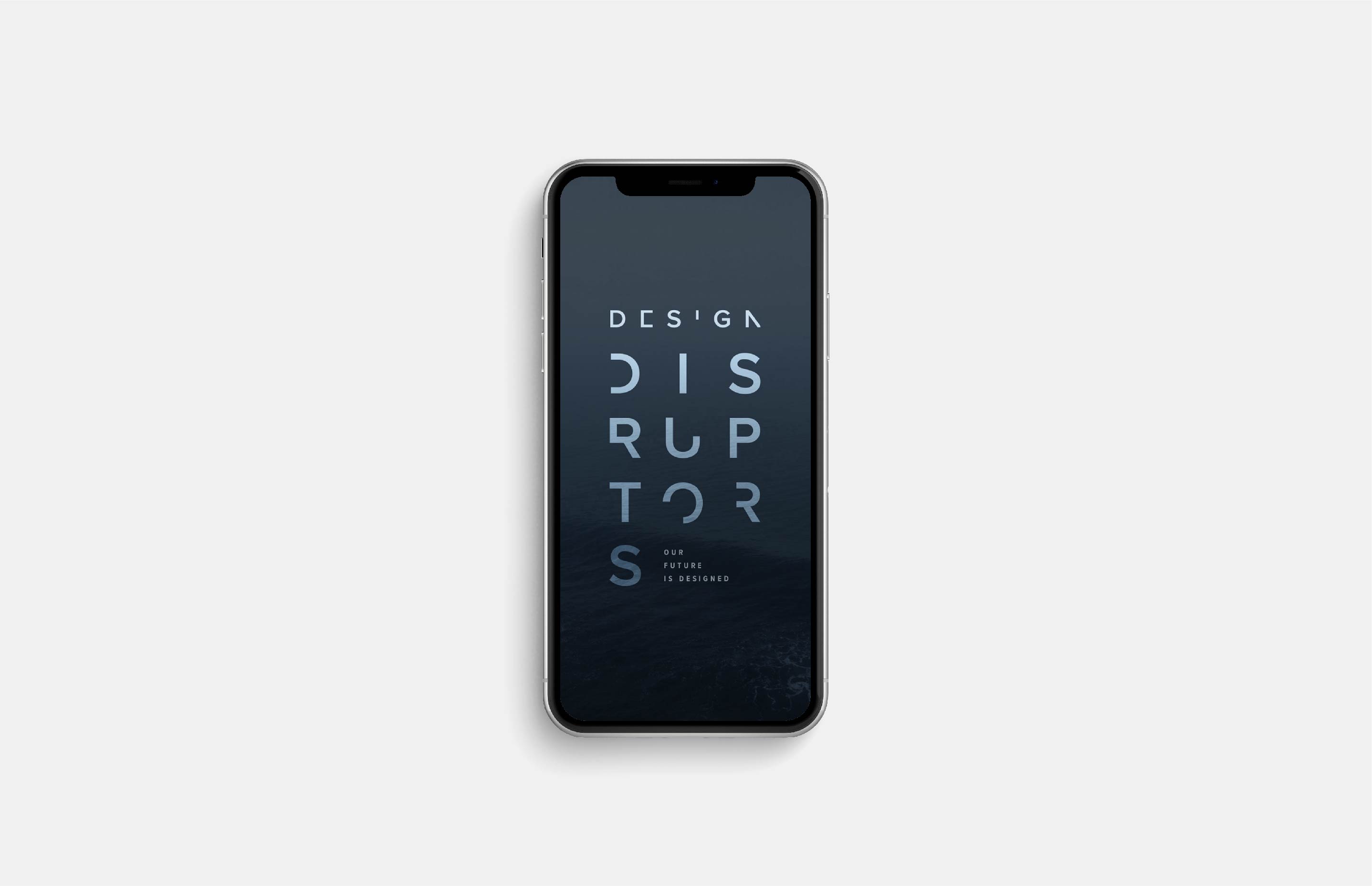First principles thinking, innovation & design

Innovation is about pushing boundaries, exploring the undiscovered, and improving the status quo. Without it, we wouldn’t survive, evolve, and thrive. And thanks to it, we all are, in every aspect of our lives, certainly the beneficiaries of someone else’s genius.
We often picture well-known inventors, innovators, and inventions when we think of innovation. And we often think that innovation is somewhat reserved only for the geniuses, the mavericks, and the truly gifted. But is it really? They just excel at a particular way of thinking — thinking in First principles — and so can we.
1. WHAT IS FIRST PRINCIPLES THINKING?
First principles thinking is essentially a process of reverse-engineering a problem — breaking the problem down while dismissing each and every unfounded assumption, conventional wisdom, preconceived notion, ideological dogma, and cognitive bias from our thinking — so that we can uncover the most fundamental truths, the actual facts, and the real core of the problem, none of which can be broken down any further. This allows us to gain a deeper, more accurate understanding of the problem, see it from a fresh, truly objective perspective, and develop better, more innovative solutions.
“Problem-solving not based on facts is like having a compass surrounded by magnets — it will pull us in all directions but the right one.”
Think of Tesla, Netflix, and Ford, for example. If the challenge is the high cost of electric car batteries, don’t just focus on the obvious, marginally better solution, like negotiating a slightly lower price with the suppliers. Instead, focus on what batteries are fundamentally made of — lithium, cobalt, nickel — and you’ll find not only that these materials aren’t the primary cost drivers but also that the real big opportunity lies in optimizing the battery production process — that way, you’ll significantly reduce their costs, make electric cars more affordable for everyone, and also make a lot more money yourself.
Or if the challenge is staying relevant to your customers, don’t just assume DVDs will always be popular or focus only on reducing the time and costs associated with mailing them to your customers. Instead, try to understand what your customers fundamentally want — instant access to entertainment — because then you can focus on what will have the real, big, positive impact: brainstorming solutions that satisfy this need, transitioning to providing content-on-demand, and, ultimately, becoming a global entertainment leader.
Or if the challenge is slow car manufacturing because workers still assemble cars one by one, don’t just assume this is the only way to build cars, or focus solely on hiring more workers. Instead, focus on the truly fundamental problem — what could radically speed up each car’s assembly, make the process more efficient, and increase productivity per worker — so that you can not only arrive at the truly transformative solution of breaking down the manufacturing process into smaller, repeatable steps, having the workers specialize in a specific task, and introducing the assembly line, but also become the pioneer who forever changed how the world builds cars.
2. HOW CAN WE APPLY FIRST PRINCIPLES THINKING IN OUR EVERYDAY LIVES?
But don’t get the impression that First principles thinking is good only for solving the big problems — it can be applied in our everyday lives as well. If you, for example, need more money, don’t just assume taking out a loan, canceling subscriptions, or looking for a second job are your only options — options that only eat up more of your time, lower the quality of your life, and add to the stress you’re already experiencing now. Instead, focus on options that could truly improve your financial situation, both in the very near future and over the long term, like negotiating a raise, switching to a better savings account, or starting your own business.
Or if you face a recurring issue at work, like misfiled documents, don’t just assume that that’s how everyone wants it — instead, investigate how and why the misfiling happens so that you can then propose the most fitting improvement, whether that’s clearer labeling, better training, or transitioning to a new digital filing system.
“Big things start small.”
Or if you want to feel closer to your partner, don’t just assume that having more date nights, buying gifts, or going on expensive vacations will fix it — instead, focus on understanding and addressing the underlying cause of the disconnect, whether it’s poor communication, unresolved issues, or working too much.
3. WHY SHOULD WE ALL ADOPT FIRST PRINCIPLES THINKING?
Whether tackling everyday problems, making incremental improvements to an existing idea, service, or product, or developing the most revolutionary inventions of the century, First principles thinking helps us uncover more creative, innovative, and impactful solutions. It helps us see, choose, and have better experiences. It helps us improve our lives. And it helps us better the world we live in.
“Good ideas are always crazy until they’re not.”
By helping us break free from conventional thinking, get to the root of an issue faster, and unlock a world of new possibilities, First principles thinking quickly becomes, for anyone using it, more than just a tool for innovation — it becomes a mindset that completely transforms how we view, approach, and overcome problems. And the real beauty of it is that absolutely anyone can adopt it and immediately start benefiting from it.
-
How to build a great digital product
Having an excellent idea, wanting to disrupt the status quo, and aspiring to become a household name might be solid enough reasons to keep us motivated every day. Yet to build a digital product — to build a great digital product — also requires perseverance and hard work. A lot of it if you don't work smart.
-
Life is too beautiful for ugly design experience
Great design is invisible, they say. Great design should not make you think, they added. Why? Because the ultimate goal of a great design experience is to make you feel nothing less than delighted.
-
First principles thinking, innovation & design
Innovation entails pushing boundaries, exploring the undiscovered, and bettering the status quo. We wouldn't survive, evolve or thrive without this innate urge to constantly seek something better nor without our ability to adapt to new situations.
-
Business, design & mindset mentoring
Hi, I'm Bara. I'm a digital product & brand designer using holistic design and psychology to help startups, businesses, and entrepreneurs manifest the full potential of their businesses and successfully grow them. You may already be familiar with my design & psychology work. And you may now book business, design, and mindset mentoring with me!
-
Inclusive design & universal design principles
It's impossible to design for 100% of users. That said, we need to advocate for more inclusive design. All designers should always consider the diverse spectrum of users. Imagine people with disabilities, people who aren't as tech-savvy as us, or those who don't fall into the binary world that we're so used to. Being mindful of them will help us create a better user experience across the board.
-
Optimizing designers’ inspiration, ideation & creation process
Aren't we, designers — and, in fact, all creative minds — rather good at seeking inspiration? We scroll through our favorite visual blogs, flip through pages of that well-thumbed book, or stroll through design stores. Over time, we learn where and how to look each time we want to find a state of inspiration and design something new.
-
Brand Storytelling: How to run a successful & well-loved business
With so much white noise in the media ecosystem, how can we make our brand stand out? Should we focus on the brand's tone of voice, perfect the customer experience, or better the brand storytelling? Or should we perhaps only concentrate on engaging with our audience?
-
Design Disruptors: How Design Became the New Language of Business
Design Disruptors: How Design Became the New Language of Business reveals a never-seen-before perspective on design approaches of the world's most innovative companies that shake — intentionally or not — billion-dollar industries.
-
Importance of innovation, designers & fundamental design principles
As designers and problem-solvers, we are accountable for the ever-increasing importance of design and innovation — and for the role it plays in today's life and society. We think. We always tinker. And we're often developing new concepts. It's our responsibility to make each design solution user-friendly, aesthetically appealing, and, first and foremost, the best it can be. And when doing so, we're often guided by numerous design principles, techniques, and methodologies.







